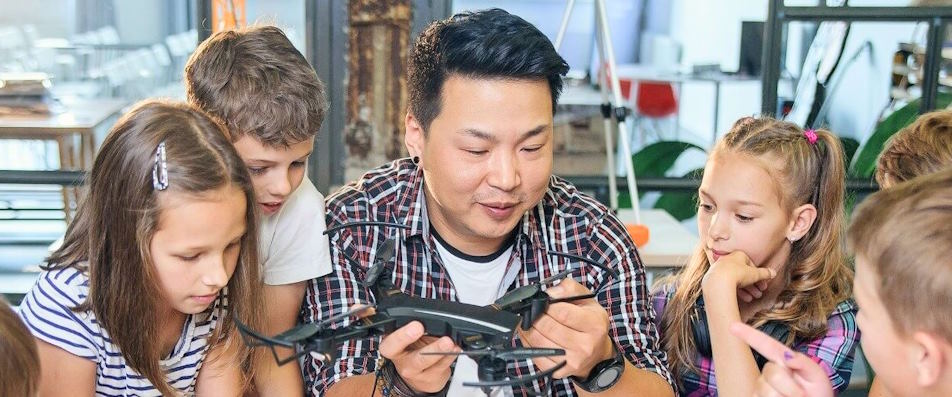Community Support Initiatives: Nurturing Education Together
Parent-Teacher Associations (PTAs)
Parent-teacher associations are a vital bridge between families and schools. These associations bring parents, guardians, and teachers together to collaborate on improving the educational experience. PTAs organize events, raise funds, and advocate for policies that benefit students. By actively participating in PTAs, community members can directly impact their children’s education.
Mentorship Programs
Mentorship programs connect experienced individuals in the community with students seeking guidance and support. These mentors can provide valuable insights, share their experiences, and offer advice on educational and career pathways. Mentorship programs inspire students, help them set goals, and provide a sense of belonging within the community.

Volunteer Tutoring
Volunteer tutoring initiatives enlist community members to provide academic support to students struggling with their studies. These programs can take place in schools, libraries, or community centers. Volunteers help students with homework, offer additional instruction, and serve as positive role models. Tutoring programs boost academic performance and build strong relationships within the community.
Community Libraries and Learning Centers
Community libraries and learning centers offer valuable resources for both students and adults. They provide access to books, computers, and educational materials. These spaces often host workshops, study groups, and skill-building classes. By supporting and utilizing these centers, communities promote lifelong learning and literacy.
Education Foundations
Many communities have education foundations that raise funds to support local schools. These foundations provide grants for teachers to enhance classroom experiences, fund special projects, and offer scholarships to graduating students. Contributing to education foundations allows community members to invest directly in the educational growth of their area.

Community-Involved Curriculum
Some communities actively participate in shaping the curriculum taught in their local schools. They collaborate with educators to ensure that lessons reflect their community’s unique needs and values. This involvement can result in more culturally relevant and engaging education for students.
Support for Extracurricular Activities
Extracurricular activities, such as sports, arts, and clubs, play a crucial role in a well-rounded education. Communities can provide support by volunteering as coaches or mentors, assisting with fundraising, and attending events to show their encouragement for students’ passions outside the classroom.
Scholarships and Financial Aid
Communities can establish scholarships and financial aid programs to make higher education more accessible. Local businesses, organizations, or private donors can fund these initiatives. Scholarships help students pursue their dreams and invest in their future.
